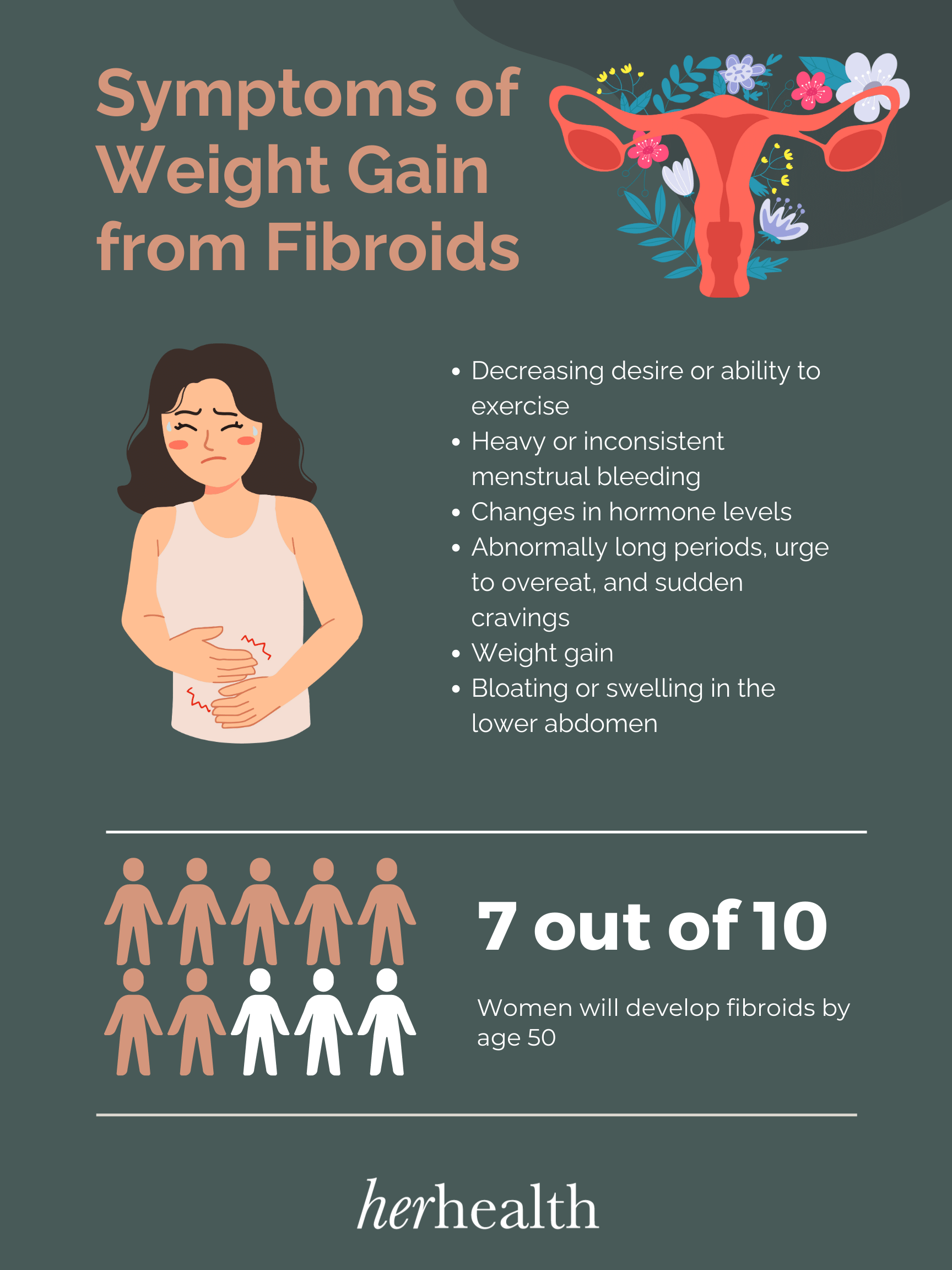Bali Belly: Causes, Symptoms, And Effective Treatments

Table of Contents
Understanding the Causes of Bali Belly
Bali Belly, also known as traveler's diarrhea, is a common affliction for those visiting tropical regions like Bali. Understanding its causes is the first step towards prevention and effective management.
Contaminated Food and Water
Contaminated food and water are the primary culprits behind most cases of Bali Belly. The risk significantly increases in areas with lower hygiene standards.
- Unwashed Produce: Fruits and vegetables often carry bacteria if not thoroughly washed.
- Undercooked Seafood and Meat: Improperly cooked food can harbor harmful bacteria like E. coli, Salmonella, and Shigella.
- Ice Made with Contaminated Water: Ice used in drinks is a frequent source of contamination.
- Contaminated Water: Drinking tap water or using it to brush your teeth can lead to infection.
The prevalence of these bacteria varies depending on the region and the sanitation practices of local establishments. Always exercise caution when consuming food and drinks from less reputable sources.
Hygiene Practices
Poor hygiene practices significantly increase the risk of contracting Bali Belly. Even seemingly minor oversights can have significant consequences.
- Unwashed Hands: Washing hands frequently with soap and water, especially before eating, is crucial.
- Unclean Utensils: Contaminated cutlery and crockery can easily transfer bacteria.
- Street Food Risks: While tempting, street food carries a higher risk of contamination unless prepared with meticulous hygiene.
Remember, handwashing is your first line of defense against Bali Belly. Carry hand sanitizer if soap and water aren't readily available.
Other Contributing Factors
Beyond contaminated food and water, other factors can contribute to the development of Bali Belly.
- Stress: The stress of travel can weaken your immune system, making you more susceptible to illness.
- Dietary Changes: A sudden shift in diet can upset your gut flora, increasing vulnerability.
- Medication Interactions: Some medications can interact negatively with your gut health, increasing the risk of Bali Belly.
- Pre-existing Gut Conditions: Individuals with pre-existing digestive issues might be more prone to experiencing severe symptoms.
Recognizing the Symptoms of Bali Belly
Knowing the symptoms of Bali Belly is essential for prompt treatment and preventing complications.
Common Symptoms
The symptoms of Bali Belly can vary in severity, but some are common across most cases.
- Diarrhea: This is the most common symptom, often watery and frequent.
- Nausea and Vomiting: These symptoms can lead to dehydration if severe.
- Stomach Cramps: Abdominal pain is common and can be quite intense.
- Fever: A fever indicates a more severe infection.
Mild cases typically involve diarrhea, mild cramping, and nausea, lasting for a few days. Severe cases might involve high fever, bloody diarrhea, and significant dehydration.
When to Seek Medical Attention
While most cases of Bali Belly resolve on their own, certain warning signs indicate a need for immediate medical attention.
- Severe Dehydration: This can be life-threatening and requires prompt intravenous fluids.
- Bloody Diarrhea: This suggests a more serious infection and requires medical evaluation.
- High Fever (above 102°F or 39°C): A high fever signifies a severe infection.
- Persistent Vomiting: Inability to keep down fluids can lead to severe dehydration.
Don't hesitate to seek professional medical advice if you experience any of these warning signs.
Effective Treatments for Bali Belly
Treatment for Bali Belly depends on the severity of the symptoms.
Self-Care Measures
For mild cases, self-care measures can be effective:
- Oral Rehydration Solutions (ORS): These are crucial for preventing dehydration.
- Probiotics: These can help restore your gut flora.
- BRAT Diet: Bananas, rice, applesauce, and toast are easily digestible foods.
- Rest: Getting enough rest allows your body to fight off the infection.
- Avoid: Spicy, fatty, or greasy foods, caffeine, and alcohol.
Staying well-hydrated is paramount; drink plenty of clear fluids.
Medical Treatments
In more severe cases, medical intervention might be necessary.
- Antibiotics: Antibiotics might be prescribed for bacterial infections, especially if symptoms are severe or prolonged.
- Anti-motility Medications: These can help reduce diarrhea, but should be used cautiously.
- Antiemetics: These medications can help reduce nausea and vomiting.
Your doctor will determine the appropriate course of treatment based on your individual circumstances.
Preventing Future Bali Belly
Preventing Bali Belly is often easier than treating it.
- Choose Reputable Restaurants: Opt for establishments with good hygiene standards.
- Drink Bottled Water: Avoid tap water entirely, even for brushing your teeth.
- Practice Good Hygiene: Wash your hands frequently and thoroughly.
- Consider Vaccinations: Consult your doctor about typhoid and other relevant vaccines.
- Food Safety Awareness: Be mindful of where and how your food is prepared.
Conclusion
Bali Belly can significantly impact your travel experience, but understanding its causes, recognizing its symptoms, and knowing effective treatments can help you mitigate its effects. By taking preventative measures and knowing when to seek medical attention, you can minimize your risk and enjoy your trip to the fullest. Remember, proactive prevention and informed treatment are key to avoiding a debilitating Bali Belly. So, plan ahead, stay informed, and have a wonderful, belly-ache-free trip to Bali!

Featured Posts
-
 Danimarkali Tuerk Taraftar Ronaldo Ya Fenerbahce Ye Gelmesi Icin Seslendi
May 28, 2025
Danimarkali Tuerk Taraftar Ronaldo Ya Fenerbahce Ye Gelmesi Icin Seslendi
May 28, 2025 -
 Stoltenberg Nato Nations Making Progress On 5 Defense Spending Goal
May 28, 2025
Stoltenberg Nato Nations Making Progress On 5 Defense Spending Goal
May 28, 2025 -
 Metro Detroit Cool Monday Morning Gives Way To Sunshine
May 28, 2025
Metro Detroit Cool Monday Morning Gives Way To Sunshine
May 28, 2025 -
 To Foinikiko Sxedio Osa Prepei Na K Serete Gia Tin Tainia Toy Goyes Anterson
May 28, 2025
To Foinikiko Sxedio Osa Prepei Na K Serete Gia Tin Tainia Toy Goyes Anterson
May 28, 2025 -
 Miami Marlins Defeat Washington Nationals Reclaim 500 Record
May 28, 2025
Miami Marlins Defeat Washington Nationals Reclaim 500 Record
May 28, 2025
Latest Posts
-
 Trump Firma Orden Ejecutiva Para Combatir La Especulacion En La Reventa De Boletos De Ticketmaster
May 30, 2025
Trump Firma Orden Ejecutiva Para Combatir La Especulacion En La Reventa De Boletos De Ticketmaster
May 30, 2025 -
 Ticketmaster Issues Urgent Warning About Fake Ticket Sellers
May 30, 2025
Ticketmaster Issues Urgent Warning About Fake Ticket Sellers
May 30, 2025 -
 Ticketmaster Problemas Y Caidas Reportadas El 8 De Abril
May 30, 2025
Ticketmaster Problemas Y Caidas Reportadas El 8 De Abril
May 30, 2025 -
 La Guerra De Trump A Ticketmaster Una Orden Ejecutiva Para Proteger A Los Consumidores
May 30, 2025
La Guerra De Trump A Ticketmaster Una Orden Ejecutiva Para Proteger A Los Consumidores
May 30, 2025 -
 Orden Ejecutiva De Trump El Fin De La Reventa Abusiva De Boletos Por Ticketmaster
May 30, 2025
Orden Ejecutiva De Trump El Fin De La Reventa Abusiva De Boletos Por Ticketmaster
May 30, 2025
